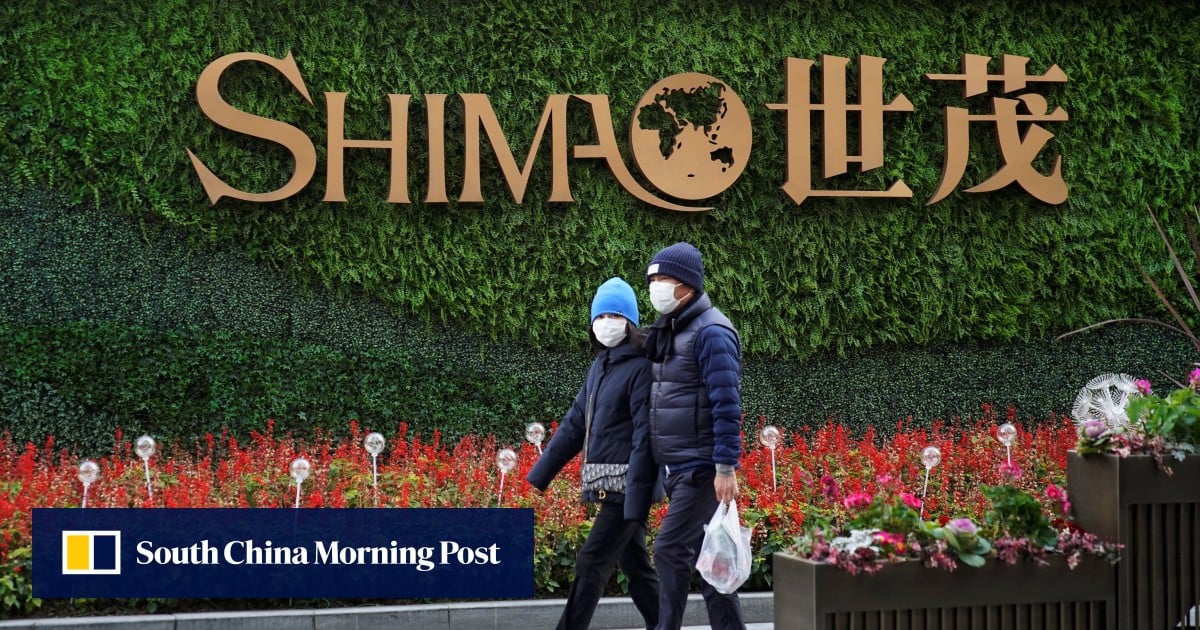
08 Apr Shimao Group faces winding-up petition from China Construction Bank, signalling developer is in ‘serious debt trouble’
Shimao urged its offshore creditors to “carefully consider” the restructuring plan put forward on March 25, in which it presented four options including short-term and long-term notes offering an aggregate principal amount of no more than US$4 billion, according to an earlier stock exchange filing.
“This is one of the first instances where a property developer has faced a winding-up petition from a large, state-owned commercial bank, which means that Shimao is facing serious debt trouble,” said Shen Meng, director at Chanson & Company, a Beijing-based boutique investment firm.
“The chances of it successfully restructuring its debt and paying back its creditors in the short term is pretty low.
“However, it is worth noting that China’s property developers have different business strategies, and Shimao’s debt issue isn’t an indication that other large private property developers will give up their debt restructuring plans and liquidate.”
Evergrande Group, the world’s most indebted developer, was ordered by a court in Hong Kong to liquidate in late January.
China’s property developers have been facing liquidity problems since a nationwide campaign was introduced in August 2020 to rein in debt in the sector. Many developers have defaulted on their debt since then.
To inject liquidity into the sector and shore up confidence, Chinese authorities have been rolling out piecemeal measures to offer property developers a financial lifeline.
One of the most recent measures, launched in January, was the “project whitelist” mechanism, which allows local governments to recommend property projects to banks that are deemed to qualify for financial support.
However, the pressure to ramp up support for indebted developers is having a negative impact on the profitability of China’s commercial banks. Bank of Communications, one of the country’s largest state-owned lenders, recently posted its slowest annual earnings growth since at least 2004, while its net interest margin also fell.
China Construction Bank also saw its net interest margin narrow, as did the Industrial Bank of China, Bank of China, and the Agricultural Bank of China.

